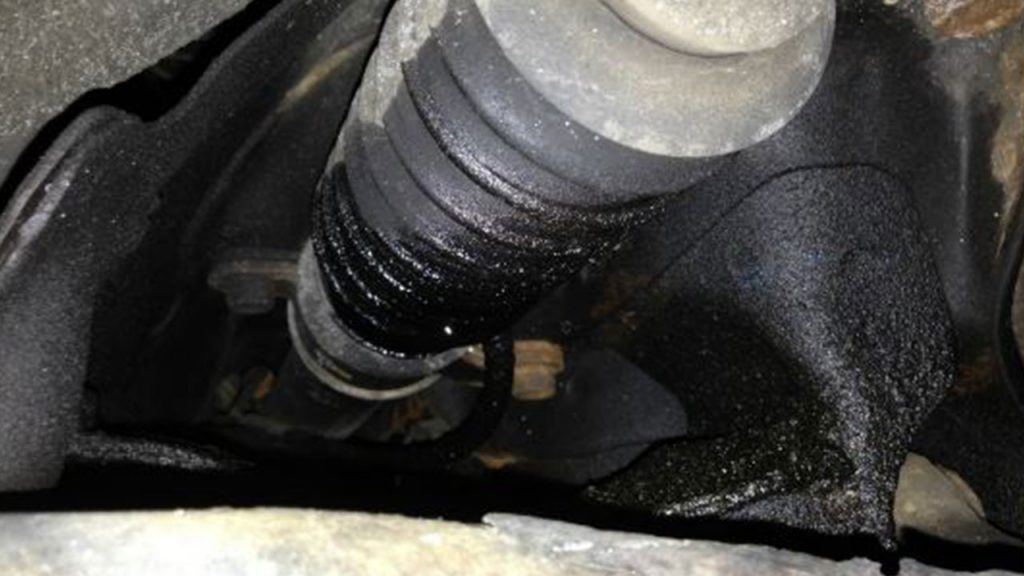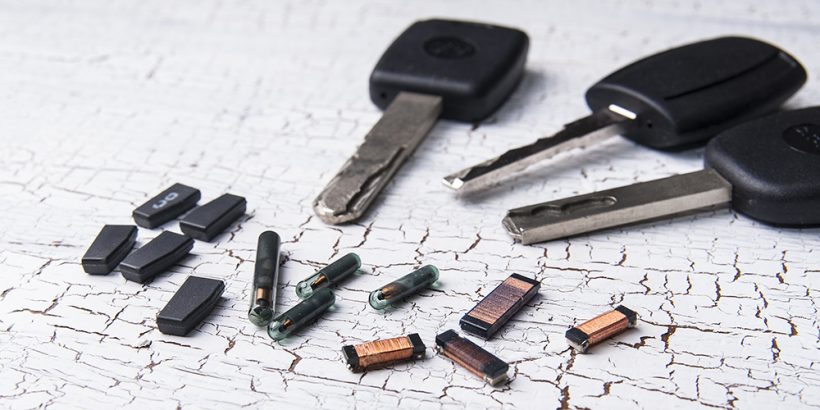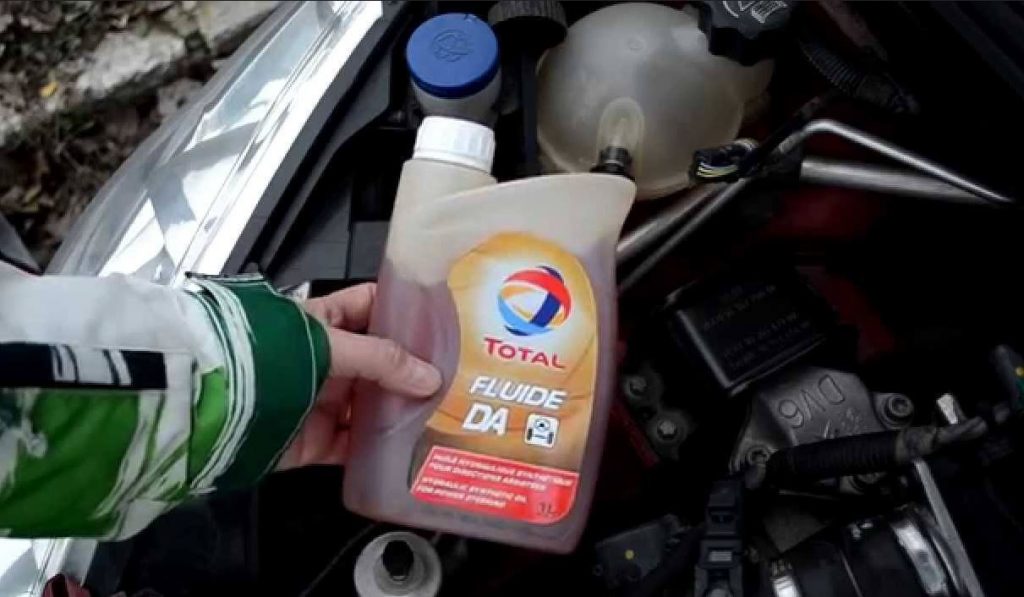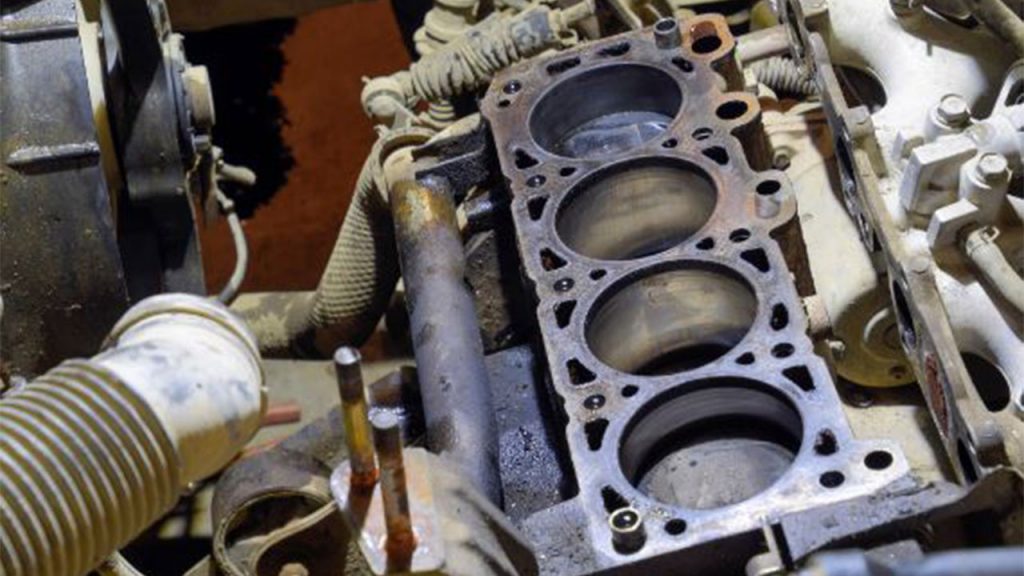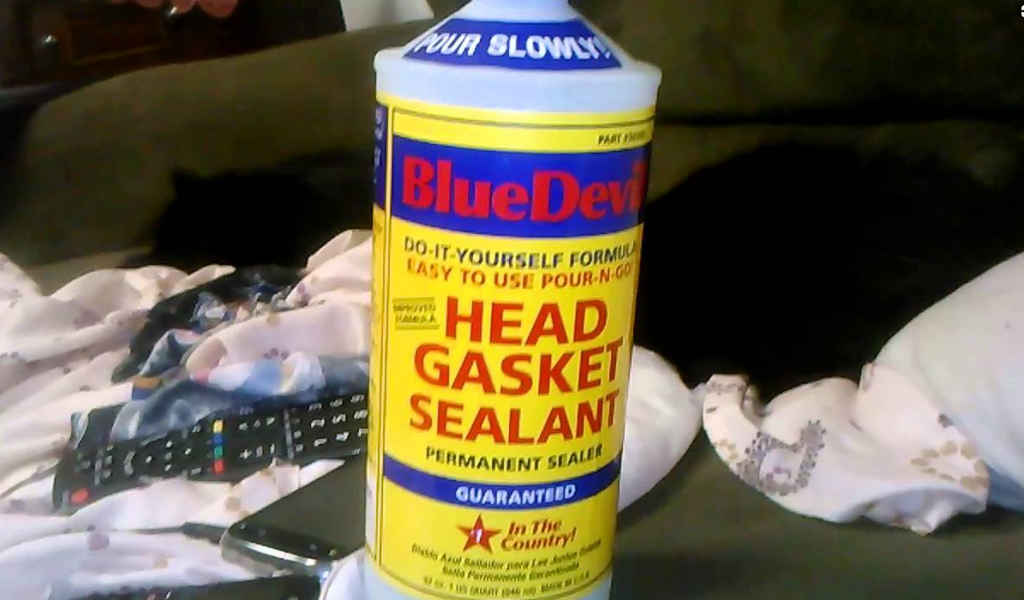Last updated on June 28th, 2023 at 10:47 am
BMW Cylinder Misfire Causes and Solution
Are you having a BMW cylinder misfire problems? Find out the bmw cylinder misfire causes and how to fix with these steps. So whether you have a bmw misfire cylinder 3 or 4 and 6, this post provides you all the information you need to resolve the problem.
BMW vehicles are renowned for their sheer luxury and superb engine quality.
BMW Cylinder Misfire Causes and Solution| BMW Cylinder Misfire
BMW is designed in such a way that it gratifies both the driver’s essentials and the high-end driving experience that the average driver anticipates.
Though you can save your time and energy by taking your BMW car for scheduled maintenance plans, BUT not all car faults can be foreseen or prevented. One common but major issue that BMW cars have is engine misfiring.
AND so well talk all about BMW misfire and their various solution
But let’s begin with engine misfire meaning and then we will move on from there.
What is an Engine Misfire Meaning?
Normally, an engine requires three components to fire the cylinder: fuel to ignite, oxygen to burn that fuel, and a spark to ignite the mix. In the absence of these elements, the cylinder will not produce the expected bang. Other causes of cylinder misfire are incorrect ignition timing, valve spring wear, or vacuum leaks.
Ensure you consult a good auto mechanic to fix the problem quickly if your engine is misfiring. This is because misfires reduce gas mileage and increases emissions, which can cause you to fail an emission test. Cylinder misfires can equally cause damage to other parts of the engine, like the oxygen sensors or catalytic converter.
BMW Cylinder Misfire Causes
Potential Causes of BMW Engine Misfire
It can be very challenging to experience a BMW engine misfire because you may end up spending a lot to get the car back on track. However, get to know the potential causes of engine misfiring so that you can attempt to prevent such an issue from developing.
1. Damaged head gasket
Your BMW vehicle combines fuel and air to cause the engine to fire properly. This process can be affected by a number of parts, one of such part is the crank position sensor.
Also, the head gasket is another part that could possibly cause your BMWs engine to misfire. If your head gasket is damaged or fissured, you should instantly take your car to a mechanic to rectify the issue. If ignored for long, this issue can create major damage to other parts of the vehicle.
2. Faulty wiring
Faulty wiring is one possible cause of engine misfiring in BMW cars. Some parts of your car, including the spark plug wiring, can become worn out and in dire need of replacement or repair. Your car will then combine fuel and air to appropriately fire the engine.
A series of events can develop when the spark plug wiring is not functioning properly. This occurs where the vehicle is not able to combine the fuel and air properly, leading to an engine misfire. A professional and trusted auto mechanic should check your car on a regular basis in order to maintain the life of your spark plugs and the linked wiring.
3. A damaged crank position sensor
A damaged crank position sensor is yet another possible cause of engine misfiring. A BMW car consists of different sensors that are responsible for many different functions. The crank position sensor controls the engine’s timing, thereby keeping all the pieces of your car running accurately. A fault or damage to the crank sensor can seriously affect the ability of your car to accelerate. You should consult the services of a professional auto mechanic who knows much about German engineering to help you rectify the fault.
4. The fuel system
A misfire can occur if the fuel injectors are dirty or if the fuel filter is clogged. If these are bad, the fuel pump or the mass airflow sensor may begin to fail.
The EGR valve might be letting exhaust dump into the intake manifold. Emissions systems are designed, and spent exhaust in the wrong part of the ignition cycle can lead to problems. Also, filling your tank with a bad gas can lead to a misfire.
The symptoms of fuel-system misfire will appear and are often more evident at idle than at highway speed. You need to properly examine the fuel system if your engine is chugging at a stoplight but smooth at speed.
5. Mechanical fault
Some cases of BMW engine misfires can be complicated.
· You can check for cracks and replace lines if any.
· You can examine the vacuum lines joined to the intake manifold.
· You can also check the condition of intake manifold gaskets, particularly around the throttle body.
· Pop off a valve cover and examine the valve train for any damage.
The symptoms of mechanical misfire will not go away with higher engine speeds, unlike fuel misfire symptoms. The misfire can be serious enough to cause vibration in the cabin.
Some common mechanical problems that cause misfire include:
· Broken valve spring
· Worn valve guides
· Broken piston ring
· Burned valve
· Timing chain or belt skipped tooth
Why do BMW Misfire After Spark Plug Change
The ignition parts that control spark to an engine are the wear parts that are properly designed to provide maximum performance for their service life, and then be replaced. As these parts corrode, they will gradually increase impedance up to the extent that no electricity makes it to the spark plug for ignition.
You may initially notice small intermittent misfires that deteriorate over time. This indicates that your misfire is caused in the ignition system. A good thing is that most of these items are cheap and easy to replace quickly.
Spark plugs are cheap and easily exchanged in just a few minutes. Old ignition wires can indicate signs of wear and are also simple to replace. Older vehicles might just require a new cap and rotor.
BMW Misfire Cylinder 3

How do I solve a cylinder 3 misfire?
Misfires from a particular cylinder are identified due to lack of contribution from that cylinder. This means that cylinder is producing little or no sufficient combustion. Misfires are caused by lack or weak spark due to defective coil wires, plugs, coils, or distributor caps.
Also, fuel issues can lead to a cylinder misfire. Fuel related perpetrators could be clogged injectors, or not pulsing due to internal failure or drivers in the PCM or wiring to injectors.
Other serious issues may be valves, usually the exhaust valves not sealing. Or worn cam lobes, or broken valve springs.
To solve:
· Confirm spark and measure spark strength with a spark tester.
· There should be a minimum of 30 KV jumping the gap.
· Switch plugs and or coils to see if the misfire travels to another cylinder.
· Use a propane test to eliminate fuel and vacuum leaks issues.
· Carefully introduce propane to the affected cylinder.
BMW Misfire Cylinder 4
How do I solve a cylinder 4 misfire?
P0304 is a problem-solving trouble code observed when a misfire is detected in cylinder 4. The P0304 code is seen in cars where the ECU has identified that cylinder 4 is not properly firing. The ECU monitors the operation of all cylinders to make sure they are all firing on time. The symptoms of cylinder 4 misfires include misfires, engine running poorly, lack of engine power, and decreased fuel mileage.
What causes the P0304 code?
- Issues with fuel
- Faulty spark plug
- Intake leak
- Faulty plug wires, faulty cap and rotor, or faulty coil pack
- Mechanical engine issue
How to solve the P0304 code
· Hook up a scan tool to the DLC port to determine which codes are present.
· Freeze frame data will be linked with every code found and should be noted for use on the test drive.
· The codes will be cleared and a road test executed under similar conditions.
· A visual inspection will be performed looking for visible leaks, impaired wires, worn or broken components.
· The scan tool helps monitor the misfire counter for cylinder 4.
· The scan tool will be used to examine the long-term fuel trims to check if fuel issues are present and the intake air pressure checked to confirm if there are leaks in a vacuum.
What repairs can fix the P0304 code?
· Repair of fueling faults
· Sparks plugs replacement
· Replacement of cap and rotor, coil pack, plug wires.
· Repair of engine mechanical issues
· Fixing air leaks
BMW Misfire Cylinder 6 (Which is error Code p0306 BMW)
How do I solve a cylinder 6 misfire?
The code P0306 specifies that cylinder number 6 is experiencing misfires. A misfire is caused by an insufficient amount of fuel burning in a cylinder. The burning of fuel is vital to engine operation because the combustion of fuel helps provide the energy to power the engine. A misfire from cylinder 6 can be caused by many reasons including:
· faulty ignition system
· fuel system or internal engine failure
A misfire of cylinder 6 should be immediately fixed because long term driving with engine misfires could cause major damage to your engine. P0306 mostly occurs when there are worn-out spark plugs, spark plug wires, or a faulty ignition coil.
Symptoms of Cylinder 6 misfire
- Check Engine Light is on
- Check Engine Light flashing
- Engine runs rough and shaking
- Lack of power from the engine
- Fuel smell from the exhaust
- Jerkings when accelerating
Causes of P0306 or Cylinder 6 misfire
- Faulty spark plug wires or coils
- Faulty fuel injector
- Worn spark plugs
- Distributor failure
- Low fuel pressure
- Camshaft sensor defective
- Crankshaft sensor defective
- Vacuum leak
- Engine timing off
- Leaking head gasket
- Low engine compression
- Poor quality fuel
How to Diagnose P0306
1. Scan your vehicle using FIXD to authenticate P0306. Other codes must be addressed first if they are present.
2. Check the ignition coils for loose connectors or for damaged wiring. Also, check for loose engine ground wires. These can cause unplanned misfire conditions. Tighten or connect as the case may be.
3. Check your spark plugs and spark plug wires. If your vehicle is equipped with individual coil packs instead of spark plug wires, remove the cylinder 6 coils and swap it with the cylinder number 4 coil.
4. If the misfire moves to cylinder number 4, then it means the coil pack is faulty and needs replacement.
5. Replace spark plugs, their wires, and ignition coil packs if needed and recheck for misfires.
Conclusion
In a nutshell, a misfire occurs when one or more of these stages is wrong or missing
- An excessively lean or very rich air-fuel mixture
- Bad ignition spark or wrong timing of ignition spark
- Low compression or leakage of an air-fuel mixture
- The timing of the inlet/outlet of the air-fuel mixture is wrong
Now you are well informed on the basics of how a cylinder in a car engine functions and in what steps the misfire would possibly occur.
It is much easier to find the fault that is responsible for your misfires. Taking your BMW car to the mechanic is part of owning a car. Ensure you seek the services of a BMW professional who can aid you through all of your automotive needs.
In this post will have been able to cover engine misfire meaning, the reason why bmw misfire after spark plug change and How to Diagnosis and Solve bmw misfire cylinder 3 problem
We also showed you how diagnosis a bmw misfire cylinder 4 and even a bmw misfire cylinder 6 (p0306 bmw) problem.
We do really hope this post has helped you? Be sure to share it if it was helpful.





